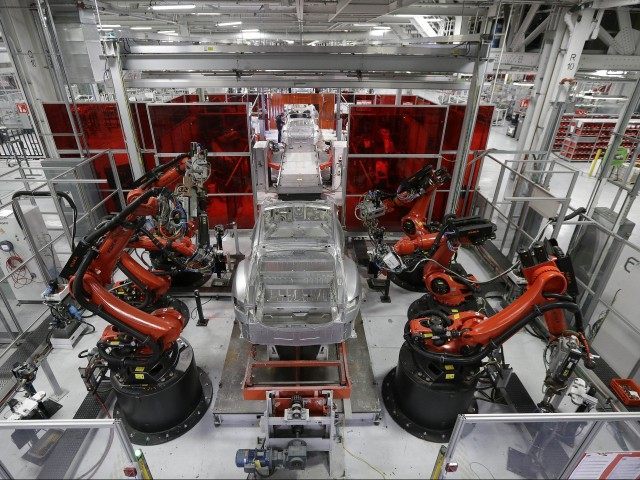In a bleak new report, the World Economic Forum (WEF) predicts heavy job losses to automation and robotics over the next four years as technological advances significantly reshape the industrial landscape.
The WEF outlines its grim forecast for the labor market in “The Future of Jobs,” a report published on Monday, suggesting that the influx of automation will affect every industry and geographical region, and not just established markets. The report has emerged just days before the WEF’s annual meeting at Davos, which will run from Jan 20-23.
Calling the transformation “the fourth industrial revolution,” the WEF said that though employment may grow in certain areas, a net loss of more than 5 million jobs in 15 major developed and emerging economies can be expected by the year 2020.
The “Revolution” involves greater synergy among “previously disjointed fields” such as artificial intelligence and machine-learning, robotics, nanotechnology, 3-D printing, and genetics and biotechnology, the report states, a phenomenon that will cause widespread disruption not only to business models but also to labor markets over the next five years.
“Without urgent and targeted action today to manage the near-term transition and build a workforce with futureproof skills,” the report warns, “governments will have to cope with ever-growing unemployment and inequality, and businesses with a shrinking consumer base.”
The countries most affected by the transformation will include Australia, China, France, Germany, India, Italy, Japan, Britain and the United States, the report indicates.
The Future of Jobs Report claims a particular authority in the field, tapping into the knowledge of those who are best placed to observe the dynamics of workforces—Chief Human Resources and Strategy Officers. The findings of the report are based on their understanding of what the current shifts mean, specifically for employment, skills and recruitment across industries and geographies.
While employment growth is foreseen in certain industries, business leaders expect it to “derive disproportionately from smaller, generally high-skilled job families that will be unable to absorb job losses coming from other parts of the labour market.”
Follow Thomas D. Williams on Twitter @tdwilliamsrome

COMMENTS
Please let us know if you're having issues with commenting.